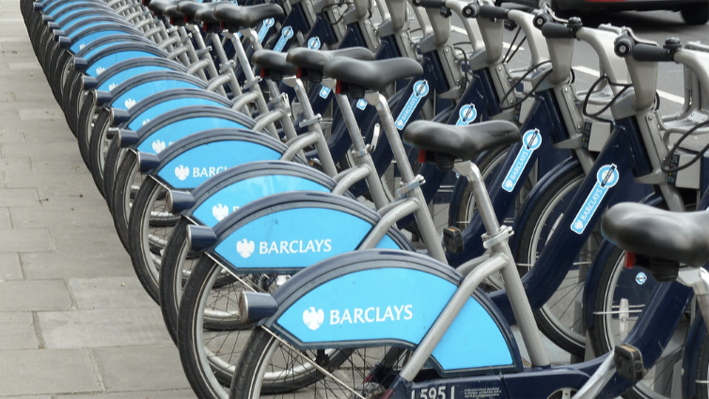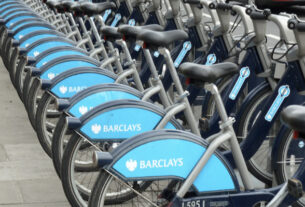Dear RCC members
I have just come back from two weeks in France where we rather ambitiously combined walking in Provence with visiting friends near Bordeaux. This occasioned rather more miles in the car than I perhaps needed. However, it did give me the chance to see much of, dare I say, ordinary everyday France outside of the big cities and tourist hotspots.
I liked a lot of what I saw, and whilst the French themselves would see much room for improvement, there are many areas where we can learn from how they have organised their towns and villages to make life safer and more pleasant for the people who live there.
The most obvious things are the almost total use of low-speed limits in built-up areas. This is backed up by sensible changes to the roads with regular and not very intrusive enforcement. In most built-up areas there are lots of pedestrian crossings placed where real people want to cross rather than as far away as possible as in Reading.
They don’t need much in the way of street furniture, as most crossings are just the black and white bars as here. In many places the crossing is on a raised platform that slows the traffic, which is something that our committee member John Lee promotes.
Only in the bigger towns and cities are traffic lights used. Most places rely on the good behaviour of the motorists, which as far as I can see was fairly universal. When you put your foot onto the crossing, the traffic stopped for you, and it was probably under the speed limit as it approached as well.
There were some really nice touches in some towns. One town had placed little models of people on the pavement represented as cartoonish schoolchildren on bikes or old people in wheelchairs. They were fun and provided a gentle reminder to the motorist that there are many vulnerable folk to be considered.
The provision for cyclists seemed to be far more extensive than in the UK. I saw signs in one town centre saying ‘prioritie a velo’ – bikes have priority. Would that that be the case here? Whilst many cycle lanes were just lines painted on the road, there was often some sort of separation from the carriageway. It probably helped that traffic density was lower there, but driver behaviour on the whole seemed better.
Where dedicated cycle lanes have been built, they are of a high quality and are long enough to be useful. Cyclist behaviour seems better as they give way to pedestrians at junctions and crossings, and I saw very little of the kind of cycling that makes the Daily Mail fume and this government propose locking up cyclists.
The final lesson was brought into sharp focus when we got back to the UK and the awful state of our road surfaces. I saw very few road works, and the surfaces seemed to be in very good condition everywhere. As I have often said here the best thing the Council could do for me is to give me a decent smooth road to cycle on.
All this obviously costs money, and whilst I am no expert on local government financing in France, the fact that every town has its own town hall, often in a splendid building, indicates that money is available locally and M. le Maire, who is directly elected and usually well known, is responsible for its allocation. They do not have to beg Whitehall for every penny, and it all seems to be cleaner and better organised as a result.
Joe Edwards
RCC Chairman



